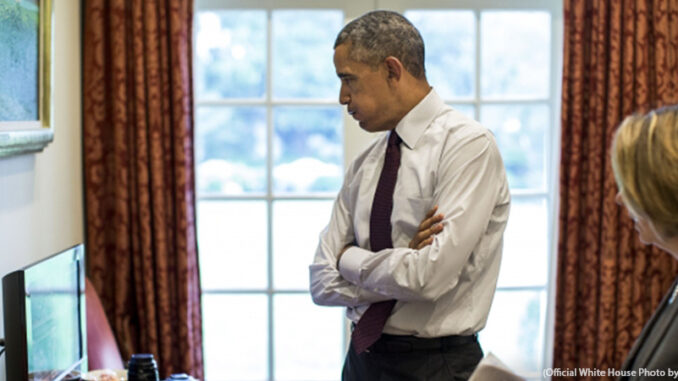
On October 1, a shooter opened fire on a classroom of students at the Umpqua Community College in Roseburg, Oregon. Ten people died (nine students and a teacher) and seven others were wounded before the shooter turned the gun on himself. The gunman spared the life of one student, to whom he gave an envelope containing a flash drive of writings. The flash drive was to be given to the police. btw takes a closer look at some of the larger issues surrounding this event and the ongoing trend of gun violence in the United States.
Contagion Effect
Law enforcement in Roseburg (as well as other media outlets) has deliberately avoided using the gunman’s name. This is because of the threat of a copycat incident, or “contagion effect.” Some research suggests that the risk of other shootings increases in the aftermath of a big, media-covered shooting. The research suggests further that the contagion effect can be minimized some if the press minimizes the actions and the motivations of the shooter. When news coverage is limited to local outlets, there is less evidence of contagion. This, however, conflicts with the natural need to try and understand why the perpetrator chose to act out in such a violent manner.
Political Response
In the wake of these types of national tragedy, politicians are expected to comment on the event. President Obama, during a press conference, said that, “Our thoughts and prayers are not enough,” and urged voters to pressure their representatives on gun control. Many of the presidential candidates have been particularly vocal. In general, Democrats are calling for stricter gun-control measures while Republicans say the focus should be on mental health issues.
Related Links
Follow these links to see recent media coverage of how various presidential candidates have responded to the issue of gun control in the United States.
President Obama criticizes Jeb Bush’s comments about guns following the Oregon shooting.
Donald Trump’s response to the Oregon tragedy.
Bernie Sanders’ stance on guns
Ben Carson’s media turmoil about his comments on guns.
Martin O’Malley’s comments about gun control.
Oregon citizens passed a law in May to expand background checks for gun purchases. In response, Douglas County Sheriff John Hanlin reportedly said he would refuse to enforce the law because he felt it denied the constitutional rights of the people in the county. After the 2013 Sandy Hook shootings, Hanlin wrote a letter to Vice President Joe Biden. In that letter he dismissed gun controls ability to curb school-based shootings. Of the thirteen weapons found in the Oregon shooter’s home, all were purchased legally.
A few days afterwards, the president said more about gun violence in a video on the White House Facebook account:
“Let’s not forget: This is happening every single day in forgotten neighborhoods around the country. Every single day. Kids are just running for their lives, trying to get to school…When we were down in New Orleans, sitting down with a group of young men, when we were talking about Katrina, and I’ve got two young men next to me, both of them had been shot multiple times. They were barely 20. So we’ve got to make a decision. If we think that’s normal, then we have to own it. I don’t think it’s normal. I think it’s abnormal. I think we should change it. But I can’t do it by myself.” —President Obama on why we have to come together to reduce gun violence: http://go.wh.gov/Dkbdb2
Posted by The White House on Saturday, October 3, 2015
Why Here?
Mass shootings happen all over the world. The percentage of them that take place in the United States, however, is disproportionately high. According to some recent statistical studies, the U.S. makes up just 5 percent of the world’s population but accounts for 31 percent of mass shootings. This is six times as many as Canada and 16 times more than Germany. Americans also own more guns than any other nation in the world–around 270 million guns–which figures out to be nearly 90 per 100 people. Because this issue is particularly heated, a number of opponents have taken offense to the context of figures. Not correcting for population is one criticism, the comparison of developing vs advanced countries is another.
